Keywords: Fiction
There are more than 200 results, only the first 200 are displayed here.
-
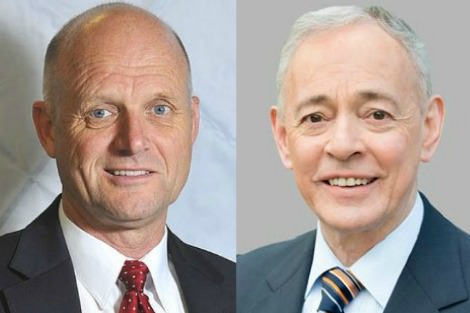
AUSTRALIA
- Binoy Kampmark
- 23 March 2016
19 Comments
The idea that these laws are, as Twomey writes, 'more conducive to representing the genuine choice of the people in electing their Senate' is untrue. It is a view expressed by Greens leader Senator Richard Di Natale, who suggested 'the Senate that's delivered after the next election is the one people vote for'. What these voting reforms actually serve to do is give the false impression of eliminating manipulation while diluting Australia's political base in favour of monochrome party politics.
READ MORE 
-
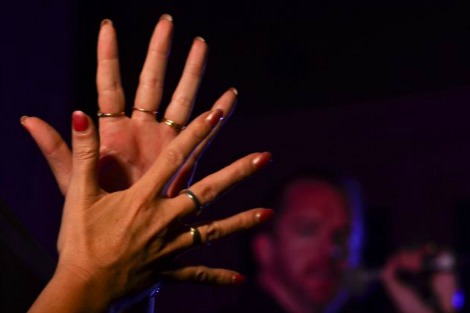
EDUCATION
- Sarah Klenbort
- 20 January 2016
18 Comments
Six years ago my daughter, Kaitlyn, was diagnosed with progressive hearing loss. I was told by an early intervention centre not to sign with her. 'It may interfere with her spoken language development,' they said, though there's no research to support this claim. When she was three, I went against that advice and began studying Auslan. I enrolled my daughter in the bilingual preschool and she learned to sign better than me. She may well be part of the last generation of deaf children to sign in Australia.
READ MORE 
-

ARTS AND CULTURE
- Tim Kroenert
- 14 January 2016
If you're going to apply a blowtorch to an institution as wealthy and litigious as the Church of Scientology, you might best be advised to first apply a magnifying glass. Alex Gibney details the dark side of the movement: its dubious tax-exempt status; allegations of psychological and physical abuse of current members and harassment of former members. But he is equally interested in unpacking the nature of belief in Scientology: what draws people to it, and also what drives them away.
READ MORE 
-
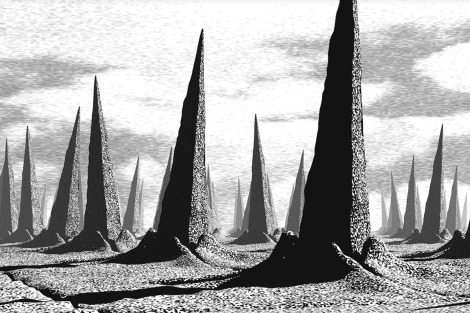
ENVIRONMENT
- Michele Madigan
- 11 December 2015
13 Comments
The state of Nevada continues to show its resolve by its longterm refusal to host a national nuclear waste dump. Such is their success that President Barack Obama has continued to back their opposition. It would certainly be beyond their comprehension that any community, any government, would volunteer to take other countries' nuclear waste, which remains radioactive for thousands of years. Yet in Australia, this is what nuclear proponents, the SA premier, and now the prime minister are backing.
READ MORE 
-

ARTS AND CULTURE
- Tim Kroenert
- 10 December 2015
The End of the Tour is most compelling as a consideration of the relationship between journalist and subject, which is a strange kind of beast, glorified in the sprawling feature profiles of Rolling Stone and its ilk. At its best the relationship is marked by intimacy generated through dialogue, but at its worst or it is mutually exploitative. Scenes from this year's Amy Schumer press junket revealed how bad things can go when an interviewer thinks they are going to befriend their celebrity interviewee.
READ MORE 
-

ARTS AND CULTURE
- Sarah Klenbort
- 21 October 2015
6 Comments
A young man introduces himself: Ashley. He has sandy blond hair, a lithe body and an ease and grace with the kids. The lessons are free, but my daughter doesn't wait to for this explanation; she's already picked up a unicycle. 'You need a helmet first,' Ashley explains, and I tap my daughter's arm and sign, 'Helmet'. 'Does she read lips?' he asks. 'If you could just look at her when you're talking,' I say. 'Okay,' he says with the slightest trepidation. 'She's d-d-deaf and I have a stutter.'
READ MORE 
-
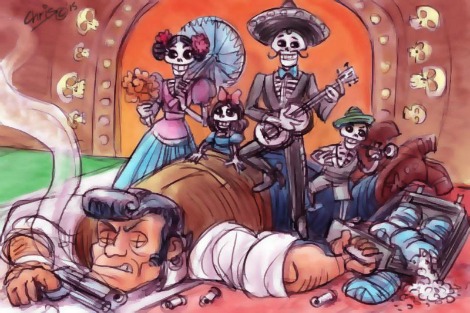
INTERNATIONAL
- Garry Westmore
- 20 October 2015
3 Comments
Hollywood need not deny the violence cartels have perpetrated upon one another, members of the public, police and military. But to almost exclusively engage with Mexico in terms of this violence provides a badly limited perspective on that country. Hollywood does something similar when it goes to Africa and tells only stories of warlords and child soldiers. To do so brings nothing to the conversation, but merely exploits tragic situations for the benefit of laughs and action.
READ MORE 
-
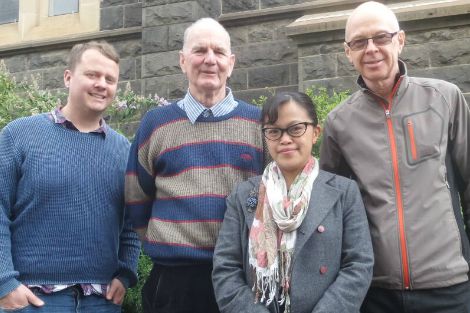
AUSTRALIA
- Michael Mullins
- 21 September 2015
12 Comments
It's about eschewing hard facts and egocentricity to imagine the world through other people's eyes. I was prompted to think about empathy by the Abbott Government's decision to take 12,000 Syrian refugees. Whether or not the motivation was political, it's actions that count. Which was indeed the case with the Minister Dutton's display of negative empathy in his joke about the precarious climate plight of Australia’s friends who live in Pacific Island nations.
READ MORE 
-

ARTS AND CULTURE
- Tim Kroenert
- 06 August 2015
3 Comments
Dismayed by the prognosis that he has only three months to live, Broken Hill cabbie Rex abandons his work, home and mates and sets out for Darwin to seek the help of prominent euthanasia advocate Dr Nicole Farmer (a fictional Dr Philip Nitschke). The story is as much about the journey as the destination, although there are those who would argue that its pat 'choose life' message just feels too easy.
READ MORE 
-

ARTS AND CULTURE
- Jena Woodhouse
- 04 August 2015
5 Comments
A tarnished pomegranate warms the chill niche of the windowsill, mottled like a faded kilim, mellow rose, dull gold; the island in the autumn thrums to lyres of the bourini, the pagan tongues of log fires in the chimneys; ancient ferries plying the Aegean in the winter run the gauntlet of the gales like emissaries of reason. It is the lonely season.
READ MORE 
-
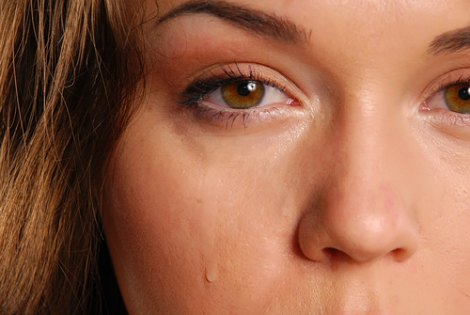
ARTS AND CULTURE
- Cassandra Golds
- 15 July 2015
5 Comments
'You are stronger than you know.' To scroll through Facebook is to meet such exhortations constantly. Often circular, and strangely unhelpful. Some, at a time of rising concern about violence against women, are downright alarming. 'A strong woman is one who is able to smile this morning like she wasn’t crying last night.'
READ MORE 
-

ARTS AND CULTURE
- Tim Kroenert
- 09 July 2015
12 Comments
If you're going to apply a blowtorch to an institution as wealthy and litigious as the Church of Scientology, you might best be advised to first apply a magnifying glass. Alex Gibney details the dark side of the movement: its dubious tax-exempt status; allegations of psychological and physical abuse of current members and harassment of former members. But he is equally interested in unpacking the nature of belief in Scientology: what draws people to it, and also what drives them away.
READ MORE 